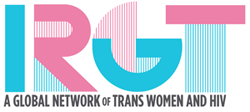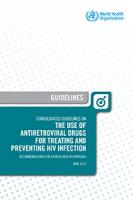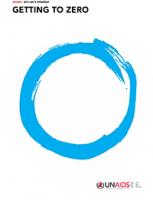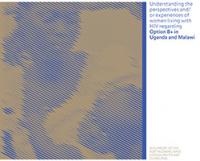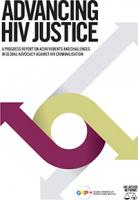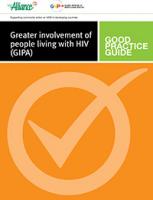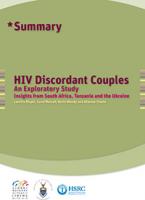
These consolidated guidelines provide guidance on the diagnosis of HIV infection, the care of people living with HIV, and the use of antiretroviral (ARV) drugs for treating and preventing HIV infection. They are structured along the continuum of HIV testing, care and treatment. Behavioural, structural and biomedical interventions that do not involve the use of ARV drugs are not covered in these guidelines. The 2013 consolidation process combines and harmonizes recommendations from a range of WHO guidelines and other documents, including the 2010 guidelines on using antiretroviral therapy (ART) for HIV infection in adults and adolescents, in infants and children, and for treating pregnant women living with HIV and preventing HIV infection in infants. Comprehensive guidance is now provided on using ARV drugs across age groups and populations of adults, pregnant and breastfeeding women, adolescents, children and key populations. The guidelines also aim to consolidate and update clinical, service delivery, and programmatic guidance.
Media:
